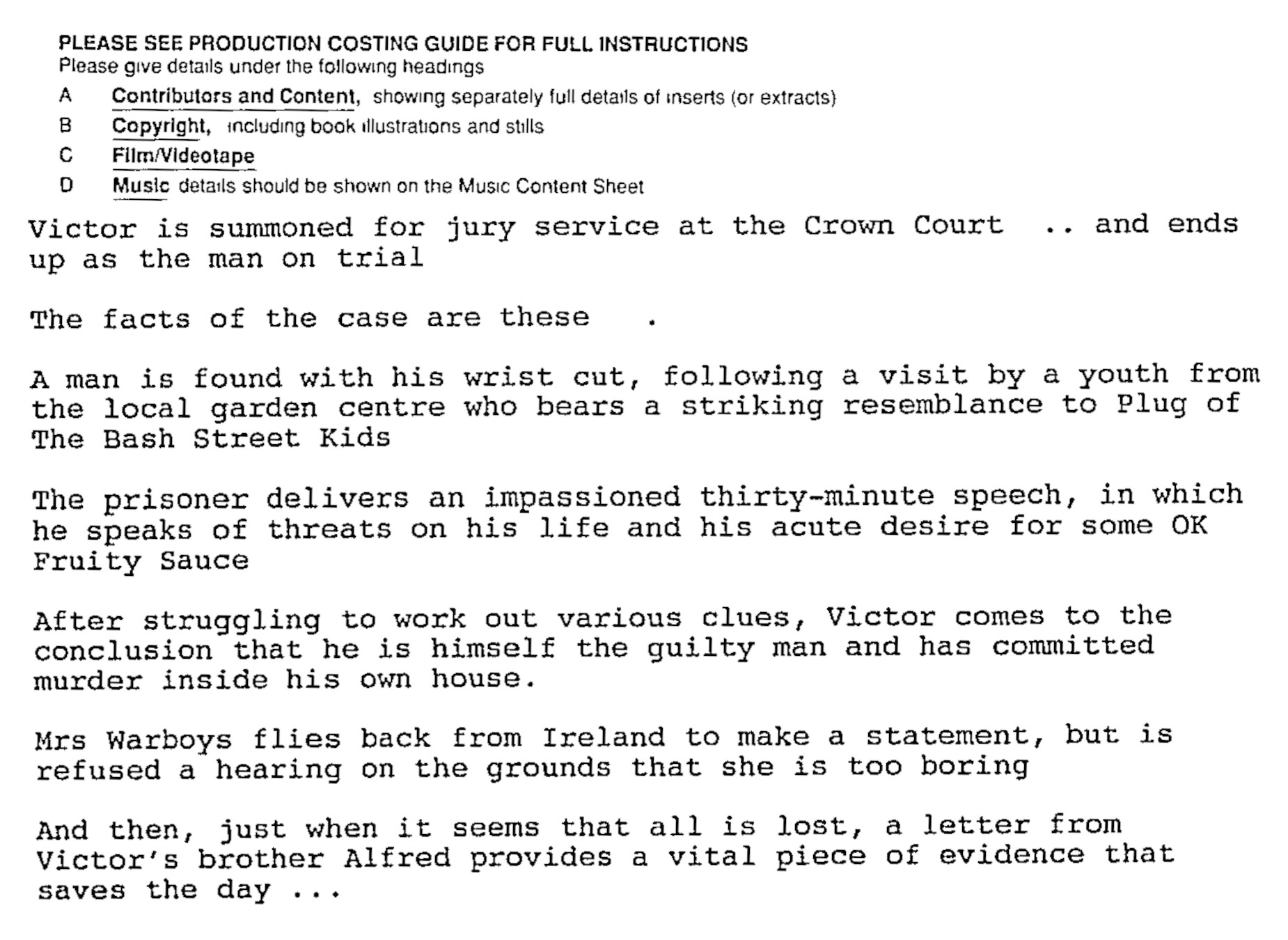Part One • Part Two • Part Three • Part Four • Part Five
It’s the 8th April 1970 at 9pm, and BBC1, BBC2 and ITV are all transmitting the same thing. It is, of course, a Party Political Broadcast: this one by the Labour Party, titled “What’s at Stake?”. It seemed pretty normal, on the face of it. I mean, the promise of MP trio George Brown, Anthony Crosland, and Robert Mellish might sound a bit too exciting, but I’m sure the country could keep itself under control.
The very next day, the papers were in uproar.
The Daily Mail is typical, in its piece “Complaints on Labour broadcast”:
“Both the BBC and ITV had callers last night complaining that the first one or two minutes of the Labour Party’s political broadcasting contained subliminal advertising.
The programme had been recorded and the BBC explained: ‘We are not responsible for the content of party political broadcasts, it is entirely up to the parties concerned. We provide the facilities.'”
Uh-oh. So what did Labour have to say about this?
“‘Subliminal advertising?’ said a Labour Party spokesman. ‘No, not really.
What happened was that we opened the programme with an anti-switch off factor to grab people’s interest. It went on for not more than 30 seconds with film shots and some raucous voice saying: ‘We don’t expect you to vote.’
I understand that the complaint is that the words “Labour Tomorrow” appeared twice very quickly, so quickly that they registered on the eye and not the brain.'”
Hmmmmm. Regardless of anything else, I would suggest statements like “registered on the eye and not the brain” are liable to make people more suspicious about what was broadcast, not less.1
Regardless of that, for a while it looked like nothing else would happen. The Daily Telegraph published the following on the 10th April, under “Subliminal advertising by Labour denied”:
“Neither the BBC nor the Independent Television Authority is to take any action over allegations that the Labour party political broadcast on Wednesday contained subliminal advertising.
Both organisations maintained yesterday that no such advertising was included in the programme. They said no action would be taken about complaints from viewers.”
But a week later on the 16th April, the front page of The Times reported the following, under “Investigation on Labour TV film”:
“The Labour Party political broadcast on television which used a quick flash technique and brought claims that subliminal methods were being used is to be investigated by the Director of Public Prosecutions.
The men behind the inquiry are Mr. Norris McWhirter and Mr. Ross McWhirter, the publishing twins.”
Oh, hello there. Well, we’ve been avoiding this topic for about as long as is practical. We need to talk about the McWhirters.
[Read more →]
Read more about...
freeze-frame gonna drive you insane, spitting image, the young ones


